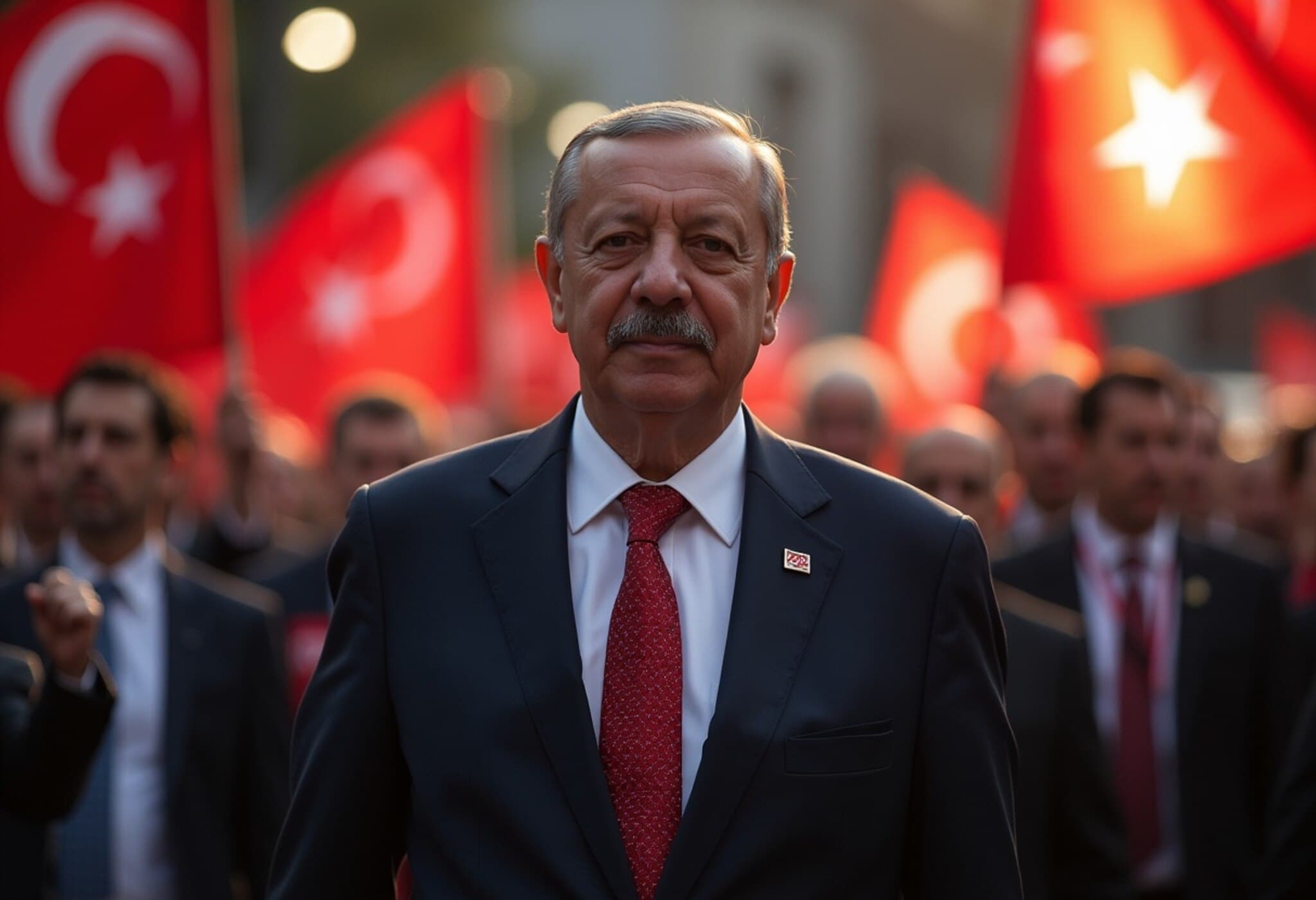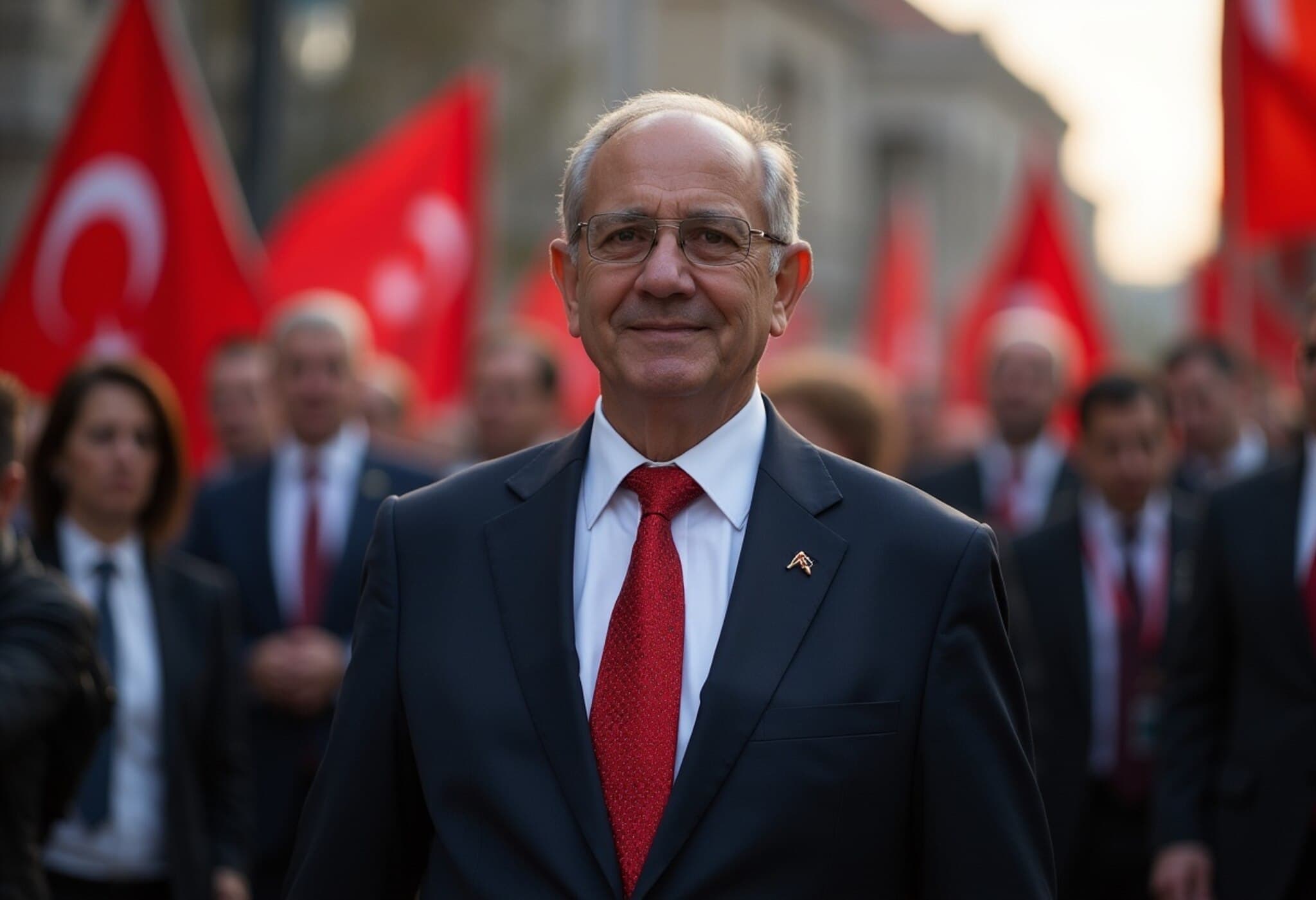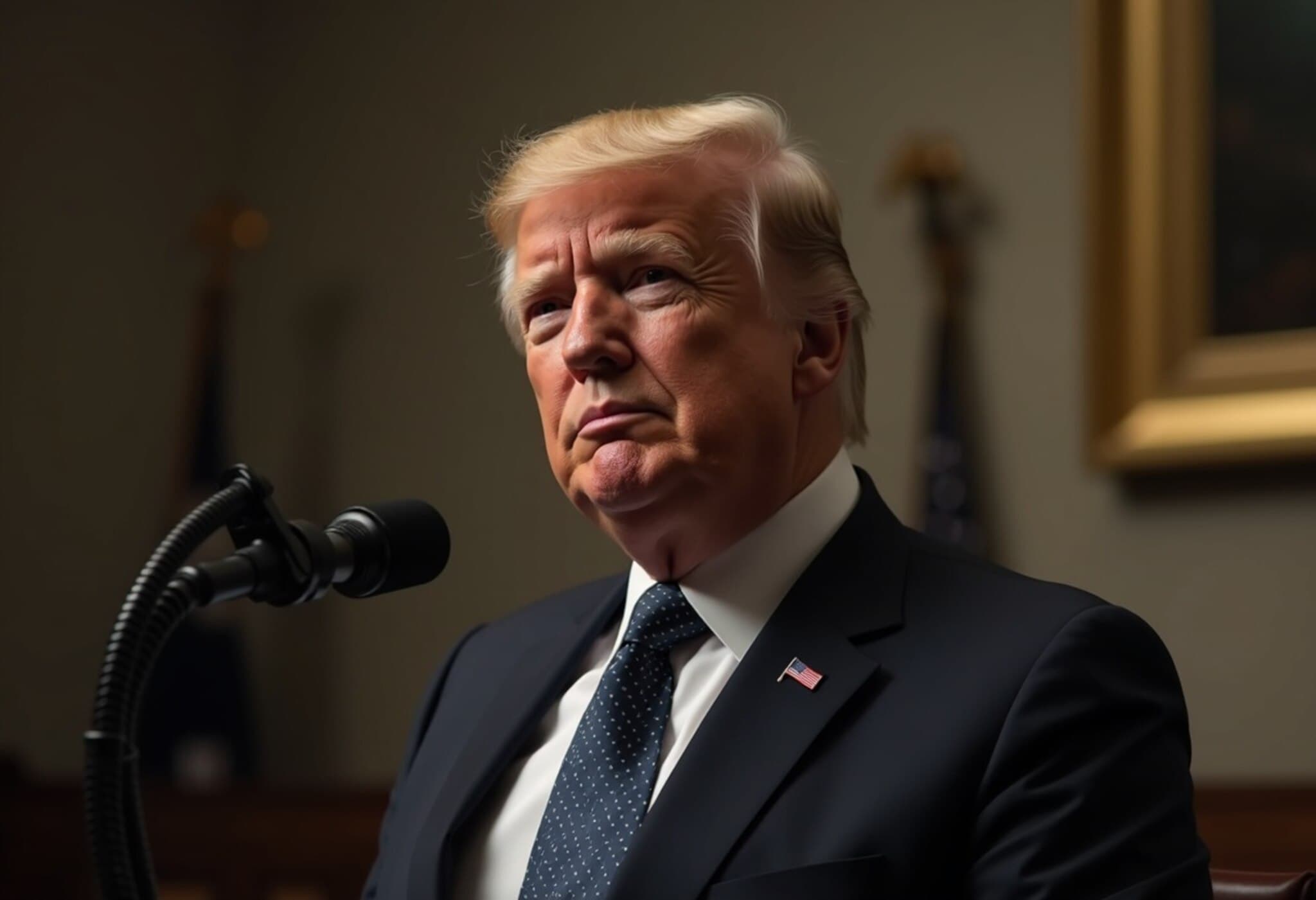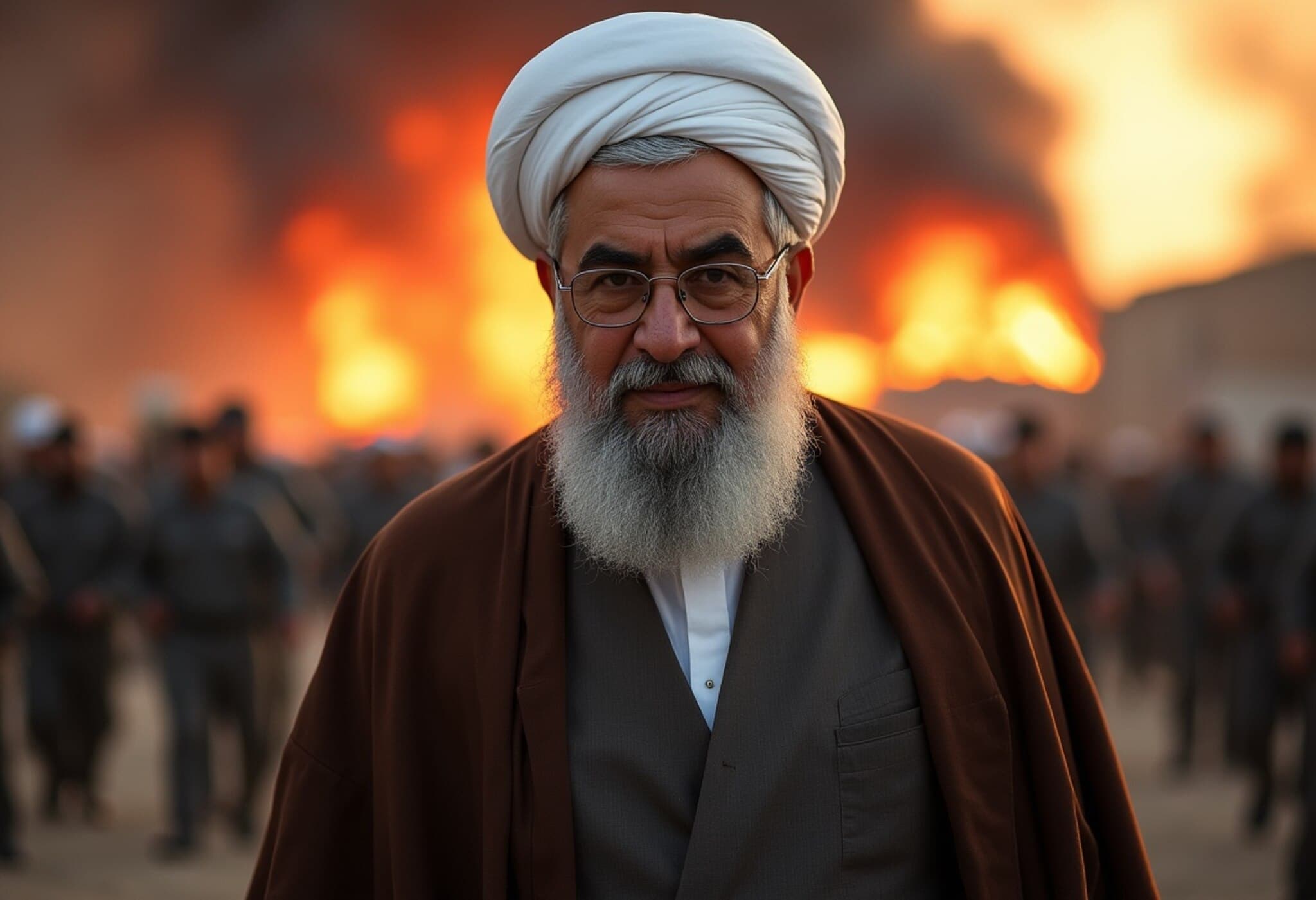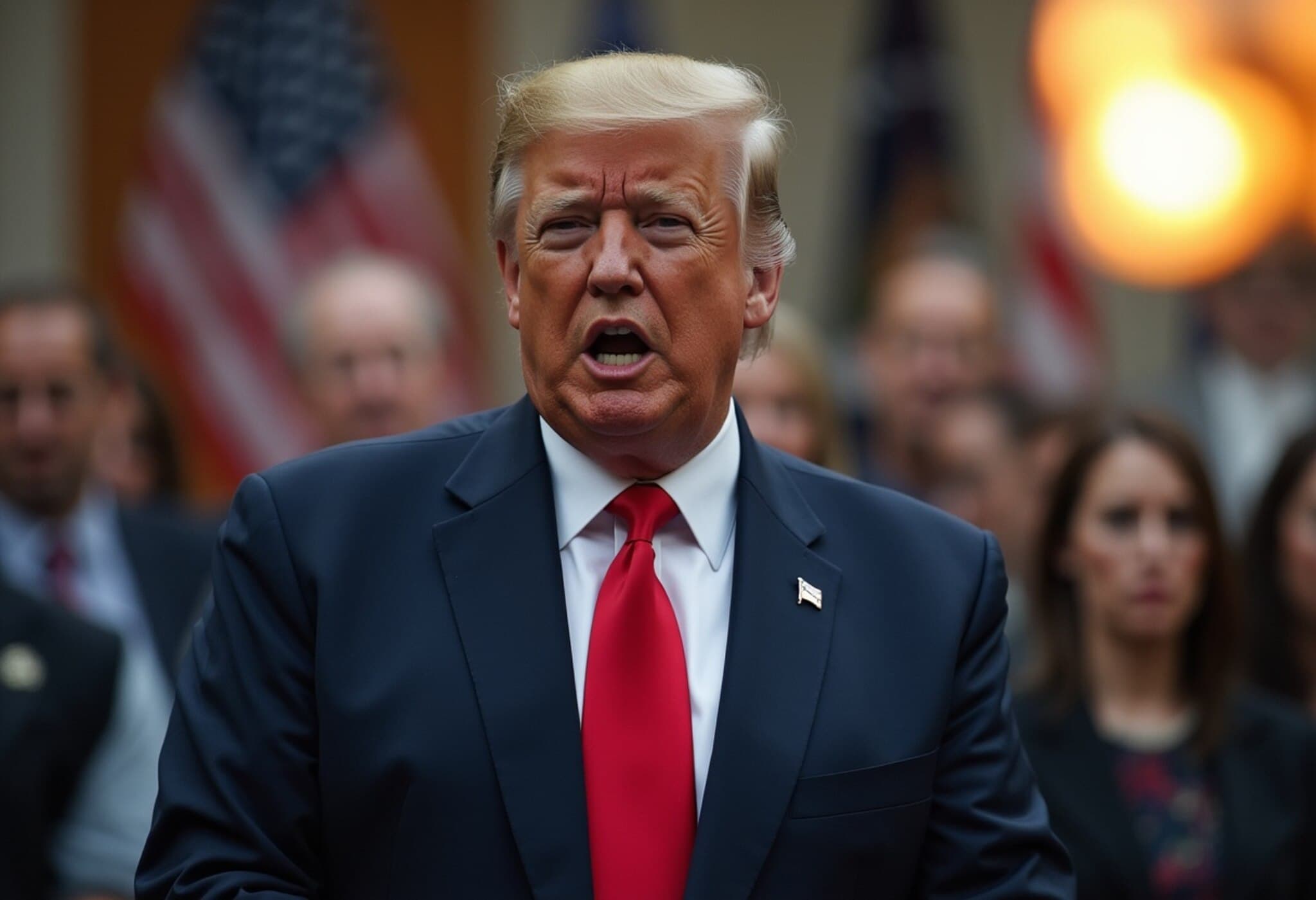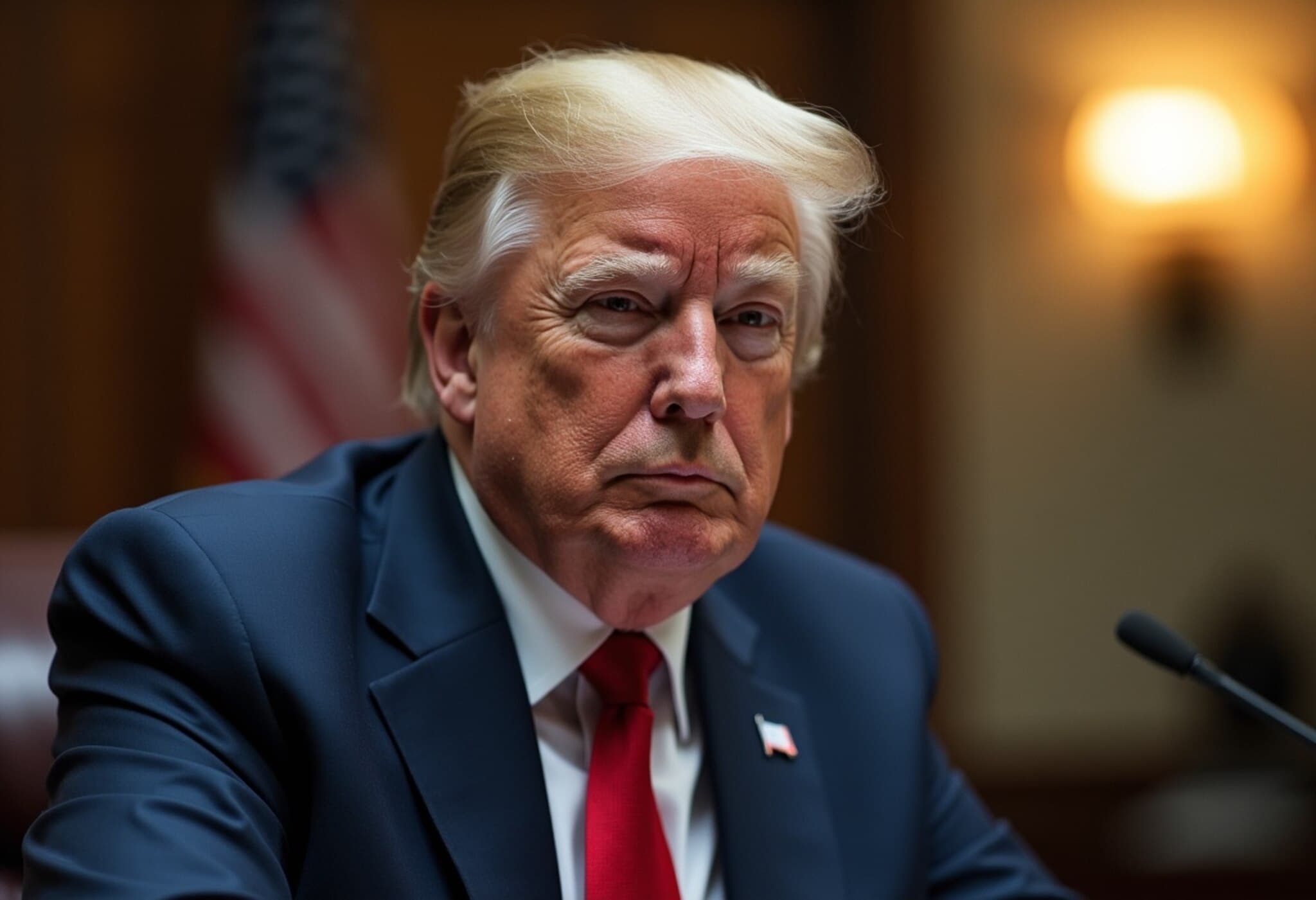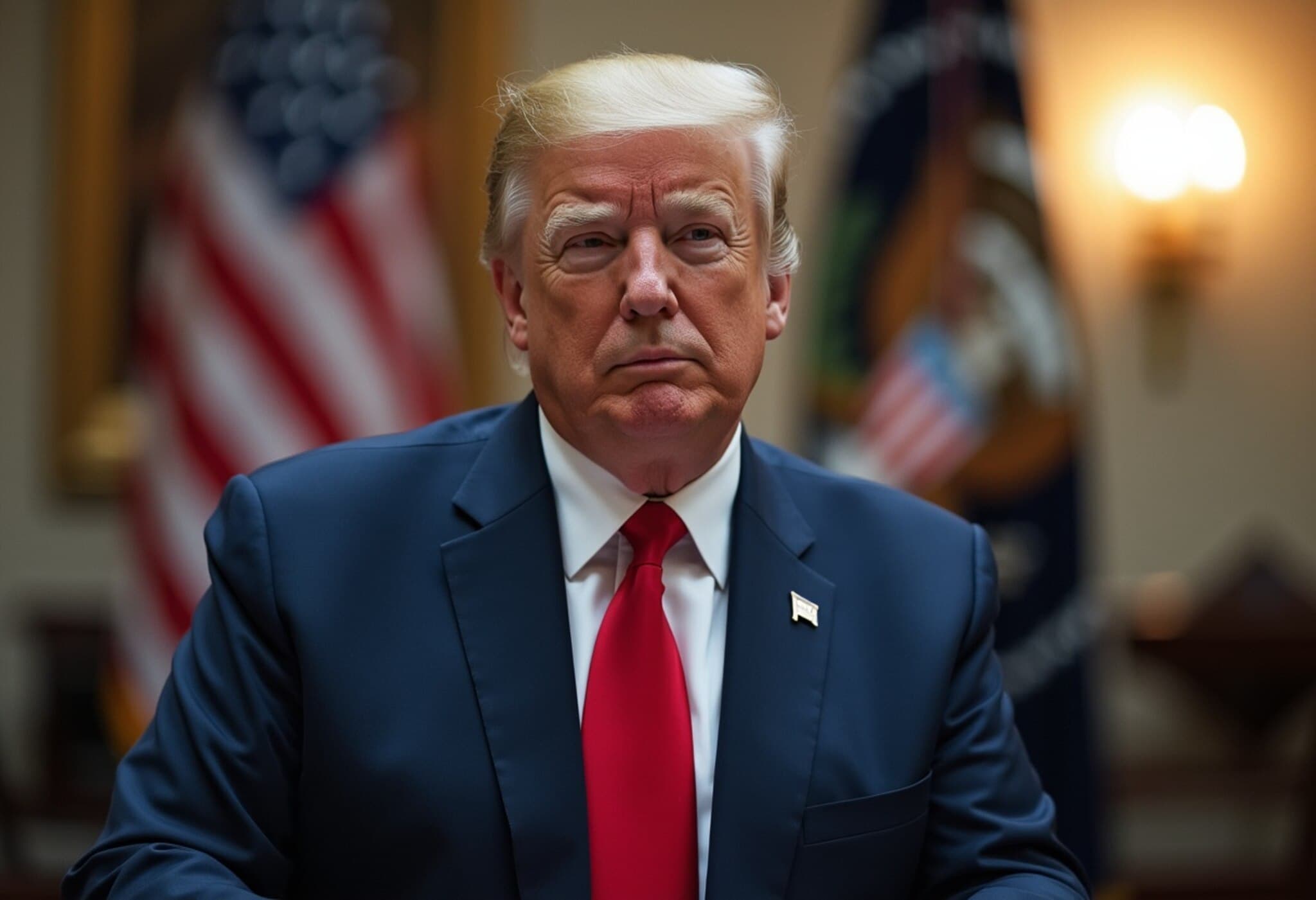Turkey on Edge: Erdogan’s Crackdown Fuels Demand for Snap Elections
President Recep Tayyip Erdogan’s sweeping crackdown against opposition figures and dissenters has sparked a growing wave of unrest across Turkey, intensifying demands for early elections as many citizens reject what they see as an increasingly authoritarian regime. As Erdogan enters his 23rd year in power, critics warn the country is veering towards a precarious political crossroads.
Opposition Leaders and Mayors Targeted Amid Crackdown
In recent months, Turkish authorities have detained numerous opposition politicians—most notably members of the Republican People’s Party (CHP)—in what critics describe as politically motivated arrests aimed at stifling dissent ahead of looming elections.
- Mayors such as Abdurrahman Tutdere (Adiyaman), Zeydan Karalar (Adana), and Muhittin Bocek (Antalya) were arrested on charges of corruption.
- The deputy mayor of Istanbul’s Buyukcekmece district was also apprehended, alongside ex-mayor Tunç Soyer and over 137 municipal officials from Izmir facing similar allegations.
Opposition leaders and international observers argue these charges are a pretext to eliminate political competition and silence critical voices ahead of potential early elections.
Rising Pressure for Snap Elections as Protests Mount
Public dissatisfaction is palpable, with nationwide protests demanding a democratic course correction. The opposition coalition has formally petitioned for snap elections, aimed at curbing Erdogan’s dominant grip on power.
A March 2025 survey revealed that if an election were held today under fair conditions, Istanbul Mayor Ekrem İmamoğlu, himself imprisoned on disputed grounds, would defeat Erdogan by a commanding 59% to 41% margin. This poll corroborates widespread sentiment that Erdogan’s political stronghold might be more vulnerable than it appears.
CHP leader Özgür Özel stated, “We will deliver Erdogan the biggest vote of no confidence in history,” underscoring the opposition’s resolve to leverage public frustration at perceived electoral manipulation and repression.
The Drive Behind Erdogan’s Prolonged Rule
At the heart of the turmoil lies Erdogan’s apparent determination to entrench his presidency indefinitely. Since first becoming prime minister in 2003 and then president in 2014, Erdogan has systematically transformed Turkey’s democratic framework into a centralized presidential system via a controversial 2017 constitutional referendum.
This shift substantially amplified the president’s powers and diminished parliamentary checks and balances. Despite a constitutional two-term limit for presidents, Erdogan secured a third term in 2023—citing legal loopholes—further fueling critics’ fears about the erosion of democratic norms.
Earlier this year, Erdogan initiated a constitutional amendment process expected to abolish term limits altogether, paving the way for a presidency without expiration.
Expert Insights: Regional and Global Implications
From an American policy perspective, Turkey’s democratic backsliding poses significant challenges for NATO allies and regional stability. The ongoing anti-opposition campaign threatens the pluralistic governance that underpins Turkey’s strategic partnership with the West.
Furthermore, Erdogan’s authoritarian consolidation risks alienating segments of Turkey’s vibrant civil society and economy, potentially destabilizing markets and provoking brain drain amid intensifying protests.
Analysts suggest that the mounting pressure for snap elections reflects a critical juncture: a government weighed down by internal dissent and external skepticism may be forced to recalibrate or face further polarization and unrest.
Looking Forward: What Does Turkey’s Future Hold?
The escalating crackdown and calls for early polls pose vital questions for Turkey’s democratic trajectory. Will Erdogan’s government respond with more repression, or will the momentum thrust upon opposition movements catalyze meaningful political change?
Turkey stands at a crossroads, with millions watching carefully—at home and abroad—as the next chapters of its political saga unfold.
Editor’s Note
President Erdogan’s tightening grip highlights the fragile state of democratic institutions in Turkey. The wave of arrests signals a sharpening authoritarian impulse but also emboldens opposition forces seeking democratic renewal through snap elections. Observers should closely monitor whether forthcoming elections will be free, fair, and inclusive—or if the historic “no confidence” momentum will be suppressed. How Turkey navigates this turbulent period could reshape its regional influence and its relations with Western democracies for years to come.

